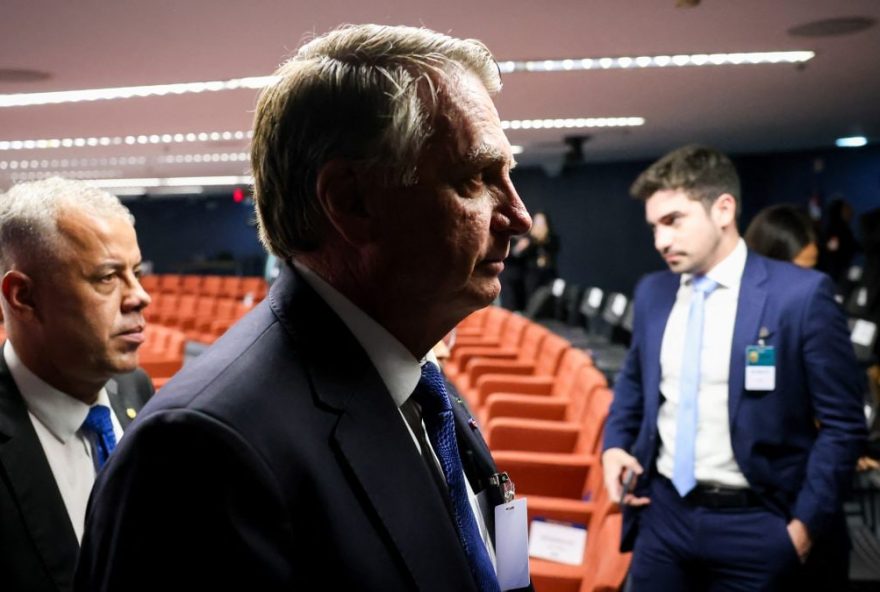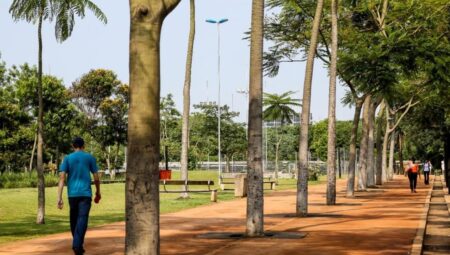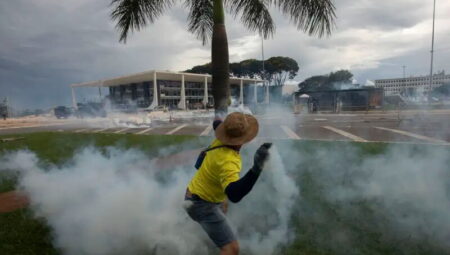The left in Brazil erupted in celebrations and protests outside the Supreme Court as former President Jair Bolsonaro received a 27-year prison sentence. This harsh ruling came as a result of Bolsonaro’s involvement in planning a military coup against his political opponent in the South American democracy. Justices Cármen Lúcia Antunes Rocha and Cristiano Zanin were responsible for issuing the verdict, marking a significant moment in Brazil’s political history.
The sentence of 27 years in prison for Jair Bolsonaro marks a turning point in Brazil’s political landscape. The left-wing supporters viewed the ruling as a victory for democracy and justice, while Bolsonaro’s backers expressed outrage and disbelief. The controversial former president has been a polarizing figure in Brazilian politics, with his sentencing stirring emotions and sparking nationwide debates on the rule of law and democracy.
As news of the sentencing spread, Brazilians from all walks of life took to the streets to either celebrate or protest the court’s decision. The atmosphere outside the Supreme Court was tense, with emotions running high among Bolsonaro supporters and opponents alike. The 27-year sentence has undoubtedly reshaped the political dynamics in Brazil and raised questions about the future of the country’s leadership.
Despite the celebrations on the left and the protests on the right, the sentencing of ex-President Jair Bolsonaro to 27 years in prison has drawn mixed reactions from the international community. Foreign leaders and organizations have been closely monitoring the developments in Brazil, with some welcoming the court’s ruling as a step towards upholding democracy, while others have expressed concerns about the potential implications of such a significant verdict.
The aftermath of Jair Bolsonaro’s sentencing is likely to have far-reaching consequences for Brazil’s political landscape. The country is now facing a period of uncertainty and turmoil as it grapples with the implications of imprisoning a former head of state. The future of Brazilian democracy hangs in the balance as the nation comes to terms with this landmark ruling and its implications for the rule of law and political stability.




